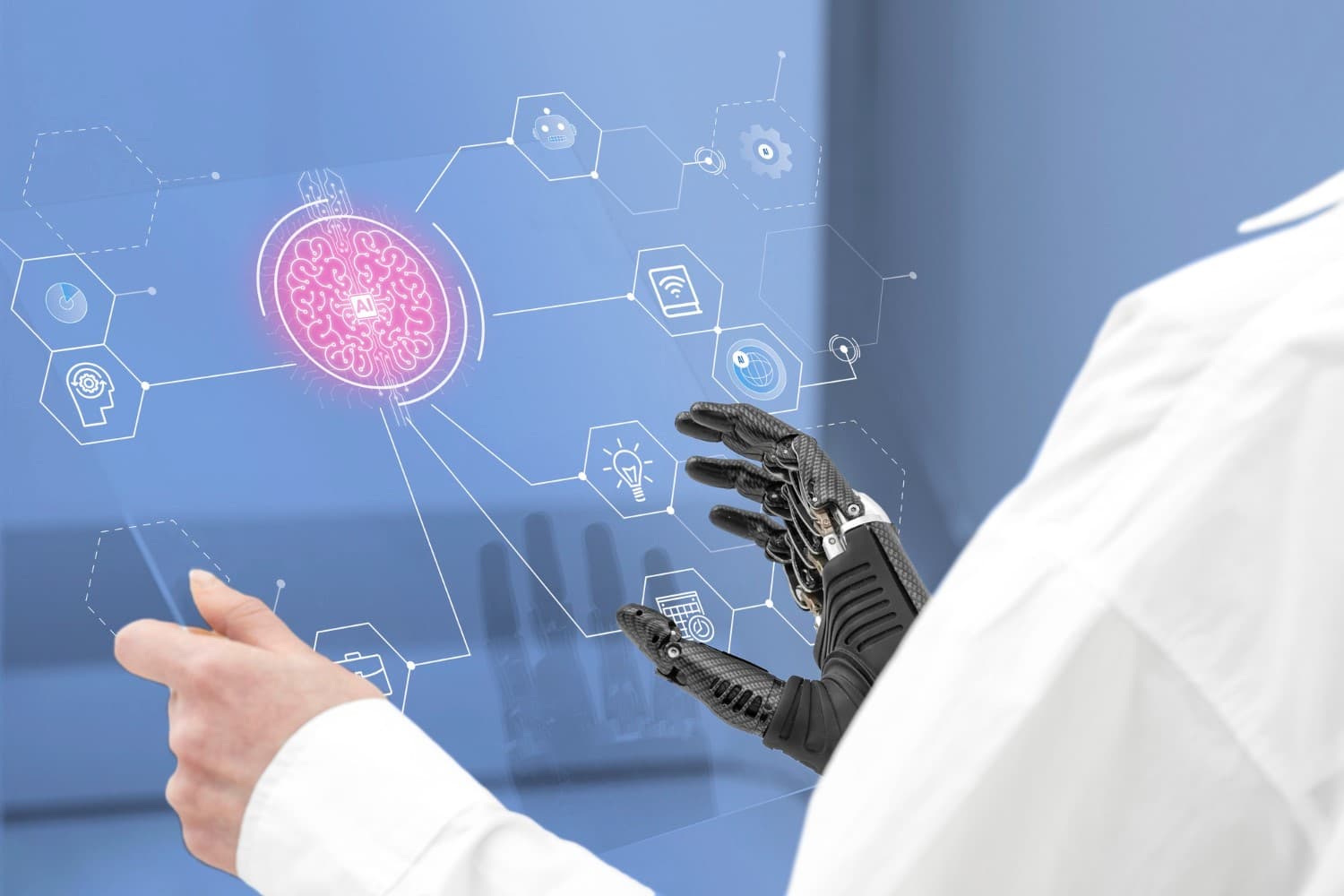Being successful in the fast-paced business world of today requires more than simply providing high-quality goods and services. It all comes down to using technology to encourage efficiency and creativity. The incorporation of Artificial Intelligence (AI) into business software is among the most revolutionary technical developments of the past few years. We will go into the field of artificial intelligence (AI) in this piece, examining its development, advantages, uses, difficulties, and potential directions for business software.
The Evolution of AI in Business
AI, which was formerly only found in science fiction, has developed quickly and is now a crucial component of many different businesses, most notably commercial software. From basic rule-based systems at the beginning of the journey, advanced machine learning algorithms and neural networks are now the result. Companies are using AI to improve consumer experiences, automate processes, and analyze massive volumes of data.
Benefits of AI in Business Software
AI-Powered Automation
Transforming Repetitive Tasks
AI-driven automation is revolutionizing the workplace by replacing labor-intensive, repetitive tasks. This transformation encompasses managing document processing, data input, and handling customer care requests. The significant impact of AI-driven automation is that it liberates human workers from mundane chores, empowering them to concentrate on strategic and creative responsibilities, thereby significantly enhancing overall productivity.
Boosting Efficiency
Regular processes may be automated to help firms operate more effectively. AI-driven software can operate continuously without becoming tired, which lowers mistakes and speeds up processes.
Data Analysis and Decision-Making
Real-time Insights
Real-time data analysis is possible with AI software, giving companies insightful information. It can identify patterns and trends rapidly, giving businesses the ability to make data-driven choices instantly.
Predictive Analytics
AI predictive analytics uses past data to anticipate future patterns. This makes it simpler for firms to adjust and make long-term plans by assisting them in anticipating changes in the market and consumer behavior.
Customer Experience Enhancement
Personalization
In today’s customer-centric world, personalization is key. AI allows businesses to provide highly personalized experiences by analyzing customer data and tailoring recommendations and offers accordingly.
Chatbots and Virtual Assistants
AI-powered chatbots and virtual assistants can help consumers instantly, respond to their questions, and aid them with the buying process. This saves businesses time and money while simultaneously improving the consumer experience.
AI in Marketing and Sales
Targeted Campaigns
AI leverages consumer data analysis to create highly targeted marketing campaigns. This enables businesses to deliver products and services to the right customers at precisely the right moment, all achieved by analyzing customer preferences and behavior.
Sales Predictions
AI plays a crucial role in forecasting sales trends and optimizing resource allocation for businesses. It can discern products with strong performance potential and those in need of marketing enhancements, contributing to more effective resource distribution.
AI in HR and Recruitment
Resume Screening
AI streamlines the recruitment process by scanning resumes and identifying the most qualified candidates based on predefined criteria. This saves HR professionals significant time and effort.
Candidate Matching
AI software can match job seekers with suitable positions by analyzing resumes, skills, and job descriptions. This enhances the quality of hires and reduces the time to fill vacant positions.
Challenges and Concerns
AI in business software has many benefits, but it also has drawbacks and issues. Due to AI systems’ need for access to enormous volumes of sensitive data, privacy and data security are important concerns. Additionally, ethical issues are raised, particularly when AI is used to make judgments that affect people’s lives or jobs.
Future Trends in AI-Enabled Business Software
AI in business software has a bright future. Future developments in quantum computing will allow for much quicker data processing and more sophisticated AI systems. Additionally, AI is expected to become more extensively integrated with Enterprise Resource Planning (ERP) systems, offering firms complete insights and suggestions.
Case Studies
Google’s AI Initiatives
Google has been at the forefront of AI development. They have integrated AI into their search algorithms, making search results more accurate and personalized. Google’s AI also powers self-driving cars and language translation services.
Salesforce’s Einstein
Salesforce’s AI, known as Einstein, helps businesses make better decisions by analyzing customer data, automating routine tasks, and offering predictive analytics. This has greatly improved customer relationship management.
Practical Applications
Not only are tech titans using AI. AI solutions are being embraced by small enterprises more and more. Businesses employ AI to gain a competitive edge, improve customer service, and automate procedures. AI is also being used by e-commerce companies to optimize several aspects of their operations, such as effective inventory management and tailored buying recommendations.
Conclusion
As AI continues to evolve and integrate into business software, the possibilities are limitless. While it streamlines operations and enhances decision-making, it’s important to remember the importance of the human touch in the business world. AI is a tool that can assist and augment human capabilities, but it’s our creativity, empathy, and ethical judgment that make businesses truly thrive in the digital age.
In summary, AI in business software is a game-changer, and as it continues to advance, it will reshape the way we work, make decisions, and serve customers. Embracing AI while keeping an eye on ethical considerations is the key to staying ahead in the business world.
